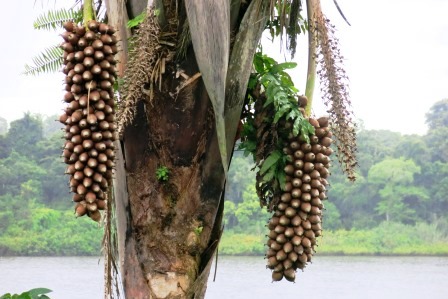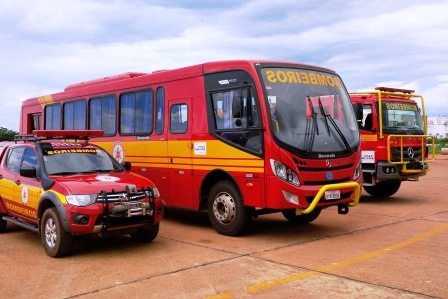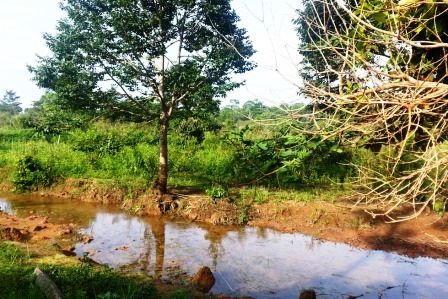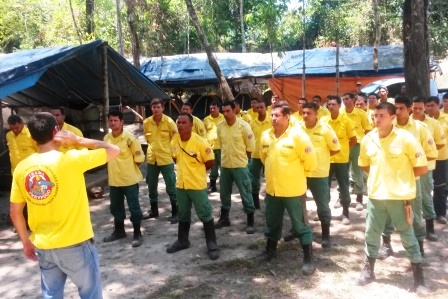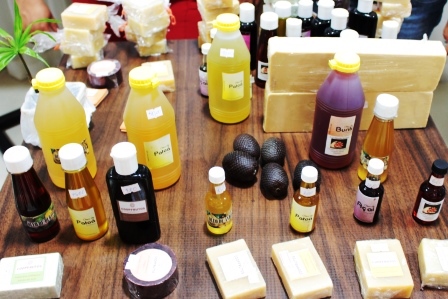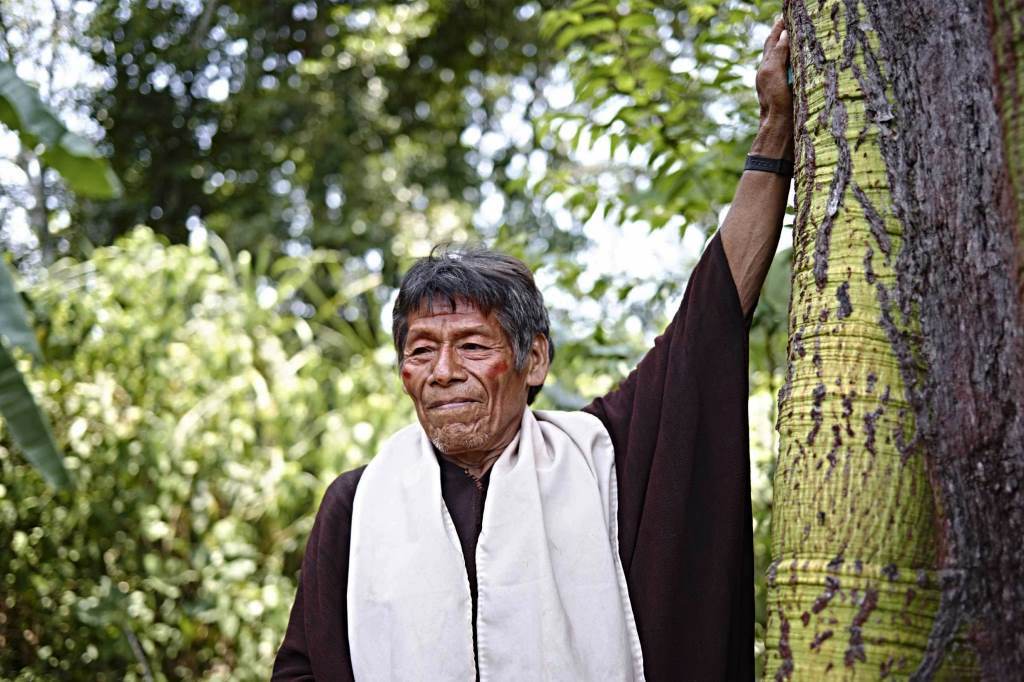Objective
To structure bioeconomy-related value chains through the environmental compliance of smallholder farms, employing agroforestry systems to restore areas that are non-compliant with the Forest Code
Beneficiary
Smallholder farmers
Territorial scope
State of Rondônia – 15 municipalities: Porto Velho, Candeias do Jamari, Itapuã do Oeste, Alto Paraíso, Ouro Preto, Jaru, Mirante da Serra, Nova União, Vale do Paraíso, Teixeirópolis, Theobroma, Urupá, Cacaulândia, Ariquemes, and Cacoal.


